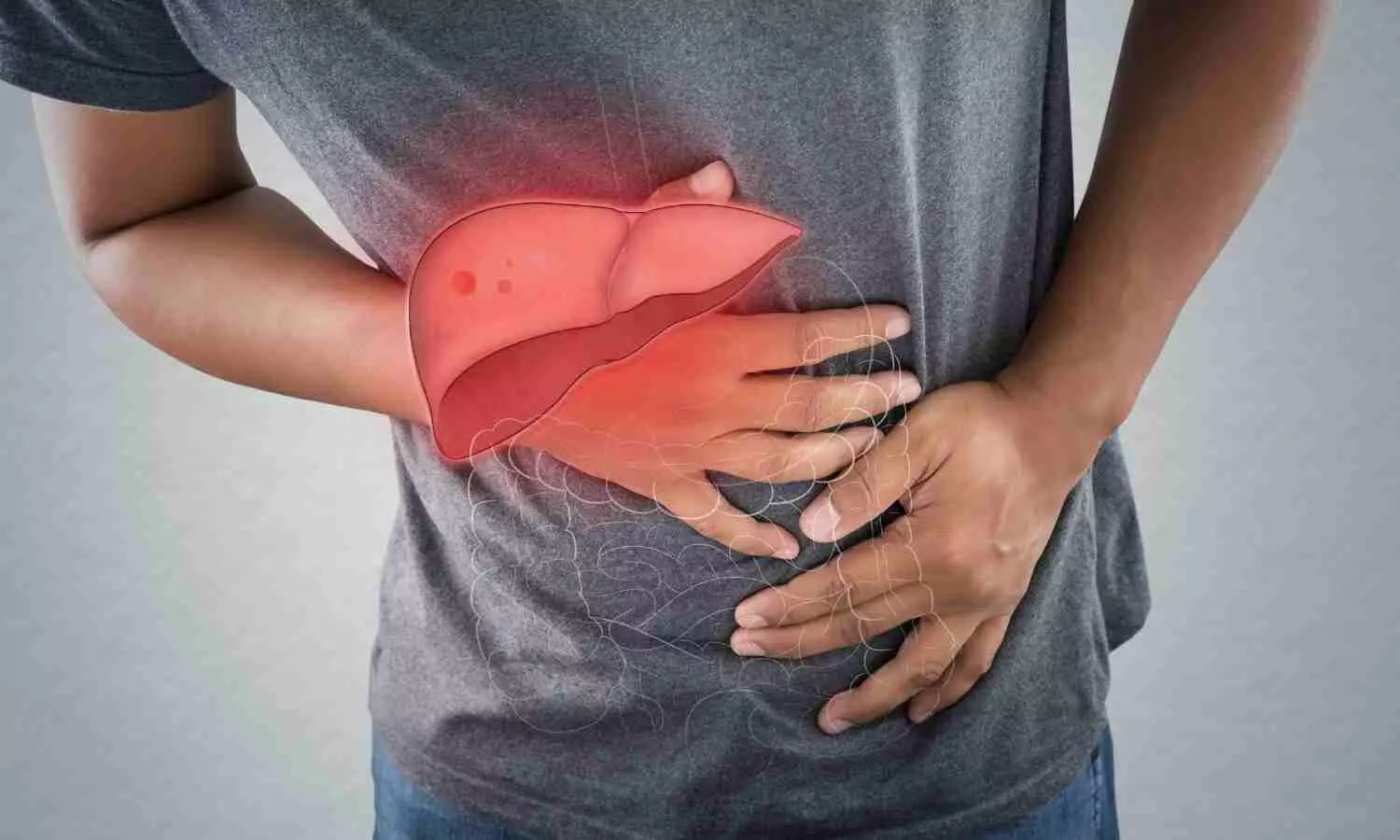Ertugliflozin Promising in Reducing Liver Fat and Complications in NAFLD Patients with Type 2 Diabetes: Study

Pakistan: A recent randomized controlled trial has highlighted the potential of ertugliflozin in improving liver health in patients with nonalcoholic fatty liver disease (NAFLD) associated with type 2 diabetes mellitus (T2DM).
The study, published in the journal Medicine, suggests that ertugliflozin, a medication from the sodium-glucose co-transporter-2 (SGLT2) inhibitor class, may offer beneficial effects on liver enzymes, reduce liver fat accumulation, and potentially alleviate complications commonly seen in individuals with NAFLD and T2DM.
NAFLD is one of the most prevalent liver conditions globally and often coexists with type 2 diabetes, contributing to an increased risk of progression to more severe liver diseases such as nonalcoholic steatohepatitis (NASH) and cirrhosis. Managing NAFLD in the context of diabetes presents a significant challenge, as both conditions exacerbate each other, leading to a complex clinical scenario with limited treatment options.
Recent evidence suggests that ertugliflozin, an SGLT2 inhibitor, may help suppress the development of NAFLD in patients with type 2 diabetes mellitus. Building on this, Haroon Badshah, Department of Pharmacy, Abdul Wali Khan University Mardan, Mardan, Pakistan, and colleagues sought to evaluate the effect of ertugliflozin on improving NAFLD and liver enzyme function in individuals with T2DM.
For this purpose, the researchers conducted a prospective, randomized, double-blind, placebo-controlled interventional study to assess the effectiveness of 15 mg of ertugliflozin compared to 30 mg of the standard therapy pioglitazone and placebo in patients with nonalcoholic fatty liver disease and type 2 diabetes mellitus. Participants were randomly assigned to one of three groups: ertugliflozin, pioglitazone, or placebo.
The impact of therapy was assessed using liver ultrasonography and biochemical parameters. The key findings after 24 weeks of clinical study include:
• Improvement in Fatty Liver Grades:
• Significant improvement in fatty liver grades, particularly in the ertugliflozin group.
• Reduction in Hepatic Steatosis:
• A notable decrease in the number of patients with hepatic steatosis across all treatment groups categorized by fatty liver grade.
• Grade 2 Fatty Liver Reduction:
• In the ertugliflozin group, the proportion of patients in the Grade 2 fatty liver group decreased from 45% to 23.4%.
• In the pioglitazone group, the proportion decreased from 41.7% to 26.6%.
• Liver Enzyme Improvements:
• Significant reductions in aspartate aminotransferase (AST) and alanine aminotransferase (ALT) levels across all groups.
• The most pronounced reduction in liver enzymes was observed in the ertugliflozin group.
“The study demonstrated that ertugliflozin, combined with other treatments, has beneficial effects on liver enzymes by reducing liver fat accumulation and mitigating complications in patients with NAFLD associated with type 2 diabetes. However, further in-depth studies are needed to fully explore all aspects of the effects of ertugliflozin,” the researchers concluded.
Reference:
Khaliq, Adil PharmD, MPhila; Badshah, Haroon PhDa,*; Shah, Yasar PhDa; Rehman, Inayat Ur PhDa,b; Khan, Kashif Ullah PhDb; Ming, Long Chiau PhDc; Cheng, Maong Hui MDc. The effect of ertugliflozin in patients with nonalcoholic fatty liver disease associated with type 2 diabetes mellitus: A randomized controlled trial. Medicine 103(45):p e40356, November 08, 2024. | DOI: 10.1097/MD.0000000000040356



